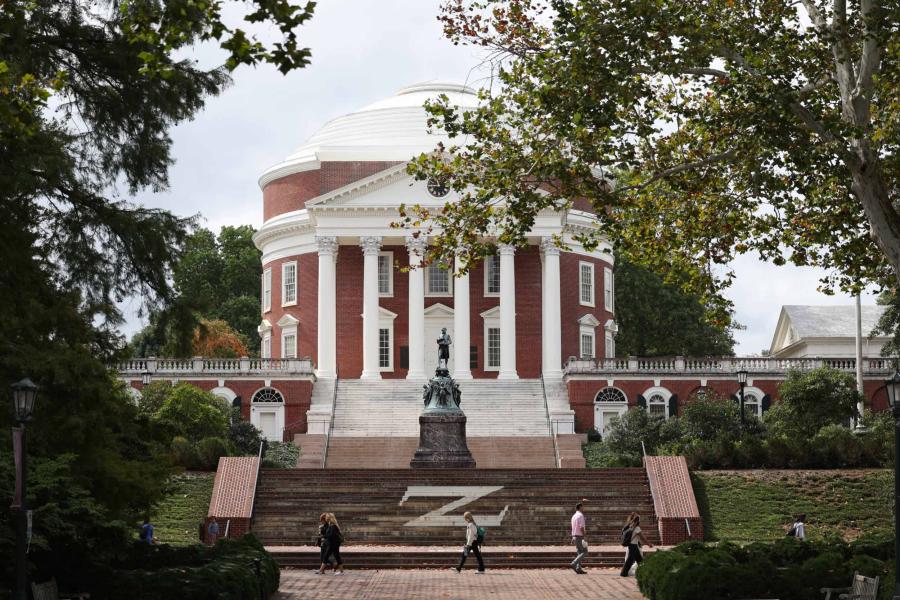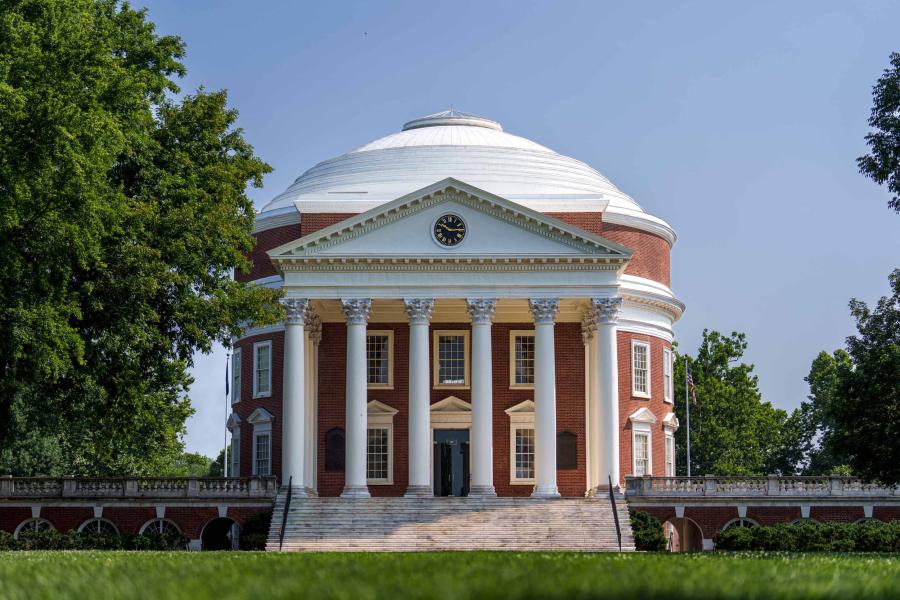University of Virginia professor emeritus Jeffrey Hopkins, who taught Tibetan language and studies for three decades, founded the Buddhism and Tibetan Buddhist Studies programs at UVA and served for 10 years as personal translator to the Dalai Lama, died July 1. He was 83.
When Hopkins first joined the UVA faculty in 1973, there were no Buddhist or Tibetan studies at the University. He developed a unique program, working closely with Tibetan scholars as collaborative partners rather than consultants, according to an obituary in the online Buddhist magazine Tricycle.
More than 70 doctorates degrees have been awarded since Hopkins started the doctoral program.
“He was really different, because from day one he prioritized Tibetan knowledge as a valuable, flourishing and still vibrant tradition in its own right,” said David Germano, director of the Tibetan and Himalayan Library and the Tibet Center at UVA and a professor of Tibetan studies. “He saw it as something valuable, not as a conduit to get back to Indian Buddhism. As part of that, he would bring Tibetan religious teachers for extended stays and have them actually teach the students.”

A peace and human rights activist, Jeffrey Hopkins organized a 1979 visit to UVA by the Dalai Lama. In 1998, Hopkins organized a conference that brought seven Nobel Peace Prize recipients to Grounds, including the Dalai Lama and Archbishop Desmond Tutu. (Photo by Tenzin Kiyosaki)
Hopkins also directed graduate students to go to Asia and study with Tibetans as part of their doctoral program.
“He was very focused. The boundaries between his personal life and his professional life were thin in a lot of ways. He had students and Tibetan lamas living in his house. He had a kind of all-absorbing commitment,” Germano said.
Steven Weinberger, manager of the Tibetan and Himalayan Library, was one of those who studied with Hopkins and stayed at his home.
“I was the last student to do that. There was a Tibetan lama coming and I wanted to get more time with him, so I moved out to the place,” Weinberger said. “Jeffrey spent a lot of time with students reading and translating Tibetan texts, including during the summer when he was not getting paid.”
Weinberger recalled that Hopkins felt Tibetan Buddhism was a part of him.
“We would meet to work on translation once a week, and I remember him saying once, ‘My family doesn’t understand this, but sitting here deciphering Tibetan texts and understanding the context – the broader religious and cultural context – this is really who I am.’ He was extremely generous with his knowledge and really wanted people to learn as well as they could,” Weinberger said.
Media Contact
Assistant Editor, UVA Today Office of University Communications
bkm4s@virginia.edu 434-924-3778
Article Information
July 3, 2025




